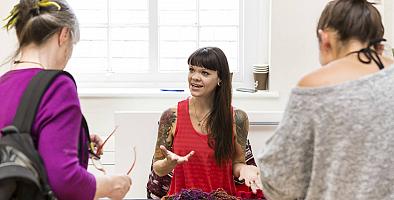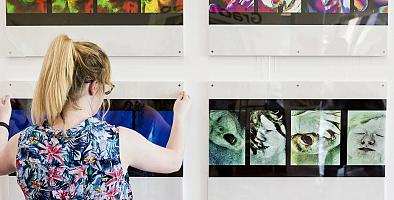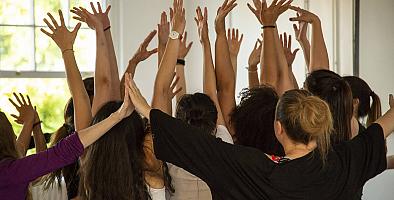Course information
Department
Length
Modular
Course overview
This programme synthesises psychodynamic, systemic, cognitive behavioural and social theories to examine the impact of being abusive or of being abused.
- It focuses on practice and research from these theoretical perspectives and will consider abusiveness and its impact in different international, cultural and social contexts from childhood to older age.
- All of our courses have a creative and innovative focus and draw on the expertise of practitioners and academics working across the field of violence and abuse.
- The courses make use of a blended learning approach that encourages full participation in discussion and exploration as well as access to online resources.
- This programme is also available via Distance Learning or as a 1 year full-time or 2-year part-time programme.
Contact the department
If you have specific questions about the degree, contact Doireann Larkin.





